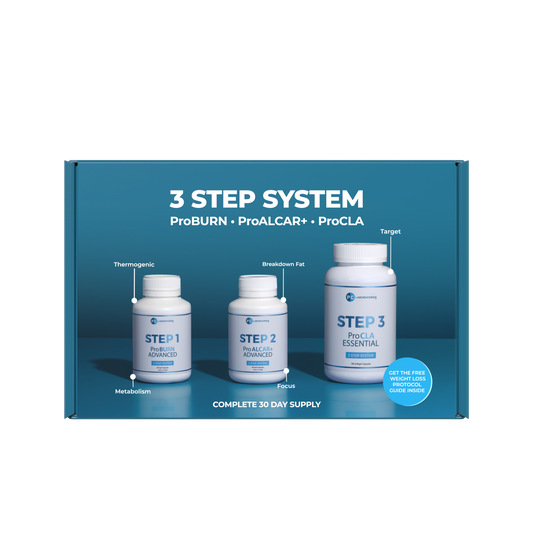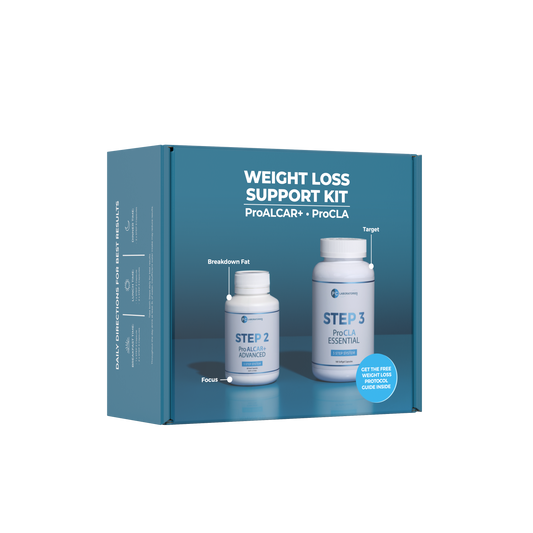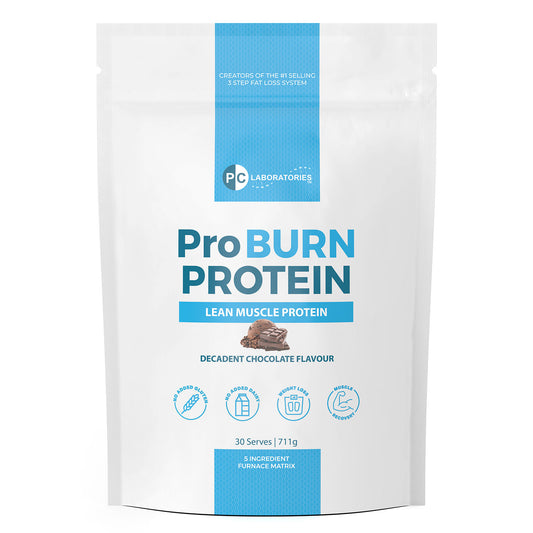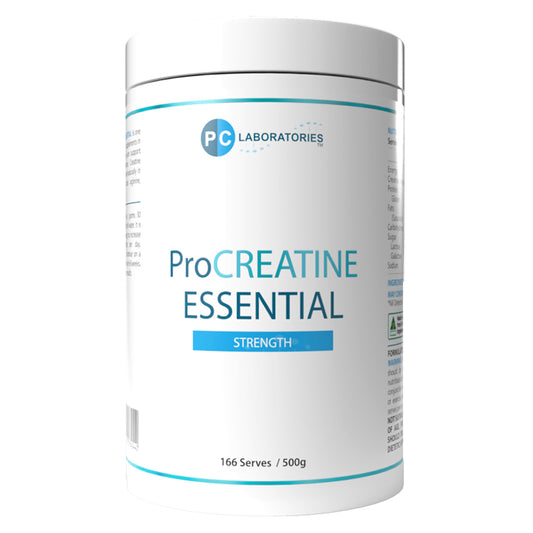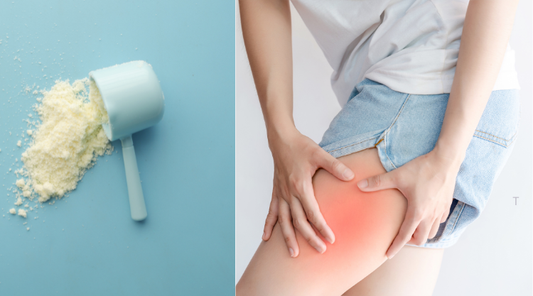What Is Metabolism?
Your metabolism is the series of chemical processes that keep your body functioning. From breathing and digesting food to repairing cells and regulating hormones. This energy fuels everything you do, including exercise, work, and even rest. A faster metabolism isn’t just about burning calories; it also plays a key role in blood sugar balance, energy levels, and recovery after workouts.
When people talk about metabolism in the context of fat loss or weight management, they’re often referring to how efficiently their body burns calories throughout the day. The speed at which your metabolism functions is influenced by several factors, including age, gender, muscle mass, hormones, and genetics. Muscle, for example, is more metabolically active than fat, which means the more lean muscle you have, the more calories your body burns at rest.
Let’s explore how to get your metabolism firing on all cylinders for lasting fat loss.
How Does It Work?
Metabolism is made up of two main processes: catabolism (breaking down molecules for energy) and anabolism (building new compounds like muscle tissue). When you eat, your body breaks down carbohydrates, fats, and proteins into usable energy.
This energy is then either used immediately or stored for later. Your basal metabolic rate (BMR) accounts for most of the calories you burn daily (even when you're not moving) and is heavily influenced by muscle mass, hormone levels, and overall health.
Hormones such as insulin, cortisol, and thyroid hormones also regulate how your metabolism functions. A study published in Nature Reviews Endocrinology highlights how insulin resistance and metabolic dysfunction can impair the body’s ability to regulate weight and fat oxidation.
Top 3 Metabolism-Boosting Foods
Green Tea
Rich in antioxidants called catechins, green tea has been shown to increase calorie burning and fat oxidation. Research in the American Journal of Clinical Nutrition found that green tea extract can enhance thermogenesis (the body's process of burning calories to produce heat), which supports both fat loss and weight management naturally.
Protein-Rich Foods (eggs, chicken, Greek yogurt)
Protein has a high thermic effect, meaning your body burns more calories digesting it compared to fats or carbs. Including more protein in your meals also supports appetite management, reducing cravings and helping maintain balanced blood sugar levels.
Chilli Peppers
Capsaicin, the compound responsible for the heat in chilli peppers, has metabolism-boosting properties. Studies have shown that it can slightly increase calorie burning and reduce appetite.
Lifestyle Support
Walk daily(especially after meals)
This is a key weight loss hack. Increasing your daily steps improves insulin response to foods, leading to less hunger and fat storage.
Hydration
Thirst can often be confused for hunger, leading to excess snacking and haywire blood sugar. Add a pinch of mineral-rich salt to your water, and you’re on the way to cellular hydration. For an in-depth look at the link between hydration and fat loss, check out our blog here.
Strength Training
Muscle is thermogenic, helping to raise our metabolic rate. The more muscle we have, the more energy we burn even at rest.
Best Supplements To Increase Metabolism
Step 1 ProBurn Advanced: This is a great calorie-burning complex, increasing body temperature through thermogenesis. This clever complex contains Green Tea, caffeine, Alpinia Galanga, Bitter Orange and Cayenne Pepper extracts.
Carnitine: This amazing compound helps with cognition, energy and calorie burning. It moves fatty acids into cells to be made into energy.
Conjugated Linoleic Acid: This nifty oil helps to signal the body to shift fat from stubborn storage areas (stomach, hips and thighs) into circulation. It is the “burnt” or used as energy.
ProBurn Collagen protein: tastes great and satisfies a sweet tooth. Proburn Protein delivers amino acids for muscle, skin and joint repair.
FAQs
How do I know when my metabolism is slowing down?
Weight gain, excessive hunger, sugar cravings and the appearance of cellulite may be signs of metabolic dysfunction. This is likely less to do with the metabolism “slowing down” and more about it being overburdened. Blood sugar and hormonal imbalances, poor liver function, high cortisol and lymphatic stagnation can be major contributors.
Do I need to make lifestyle changes if I’m taking a supplement?
Honestly, you’d be silly not to! Your daily habits are the real work; the supplement is designed to give you a boost, not replace a nutritious diet.
Do I need to exercise?
Absolutely. The body needs to move, build muscle and move lymphatic fluid.
How long will it take before I start seeing results?
The mood and energy lift from healthy foods, correct supplements, and movement starts right away. For the real shifts? Give it at least 3 months.
References
Doherty, R. Obesity-related insulin resistance is reversible after weight loss. Nat Rev Endocrinol 2, 64–65 (2006). https://doi.org/10.1038/ncpendmet0089
Dulloo AG, Duret C, Rohrer D, Girardier L, Mensi N, Fathi M, Chantre P, Vandermander J. Efficacy of a green tea extract rich in catechin polyphenols and caffeine in increasing 24-h energy expenditure and fat oxidation in humans. Am J Clin Nutr. 1999 Dec;70(6):1040-5. doi: 10.1093/ajcn/70.6.1040. PMID: 10584049.


